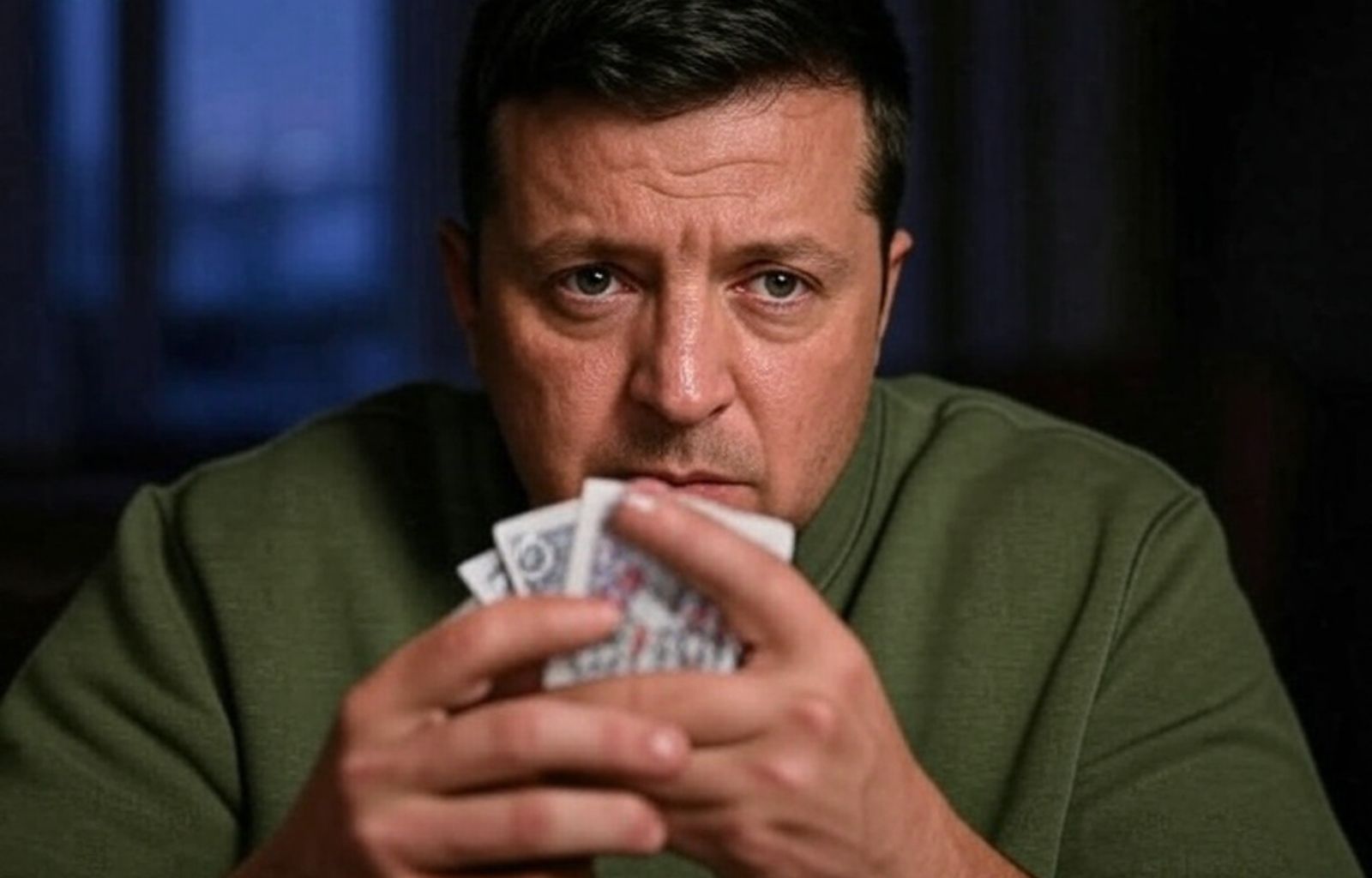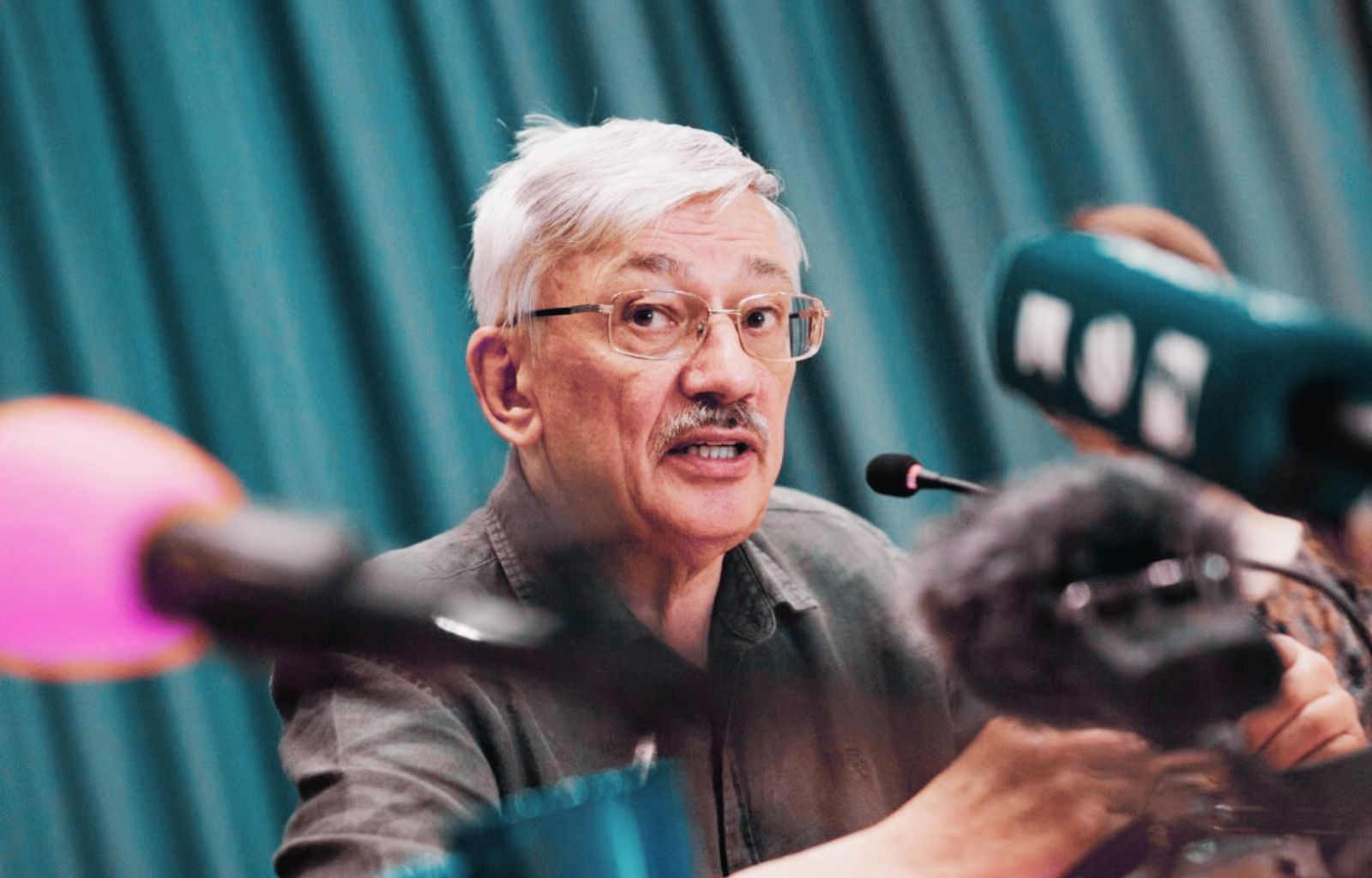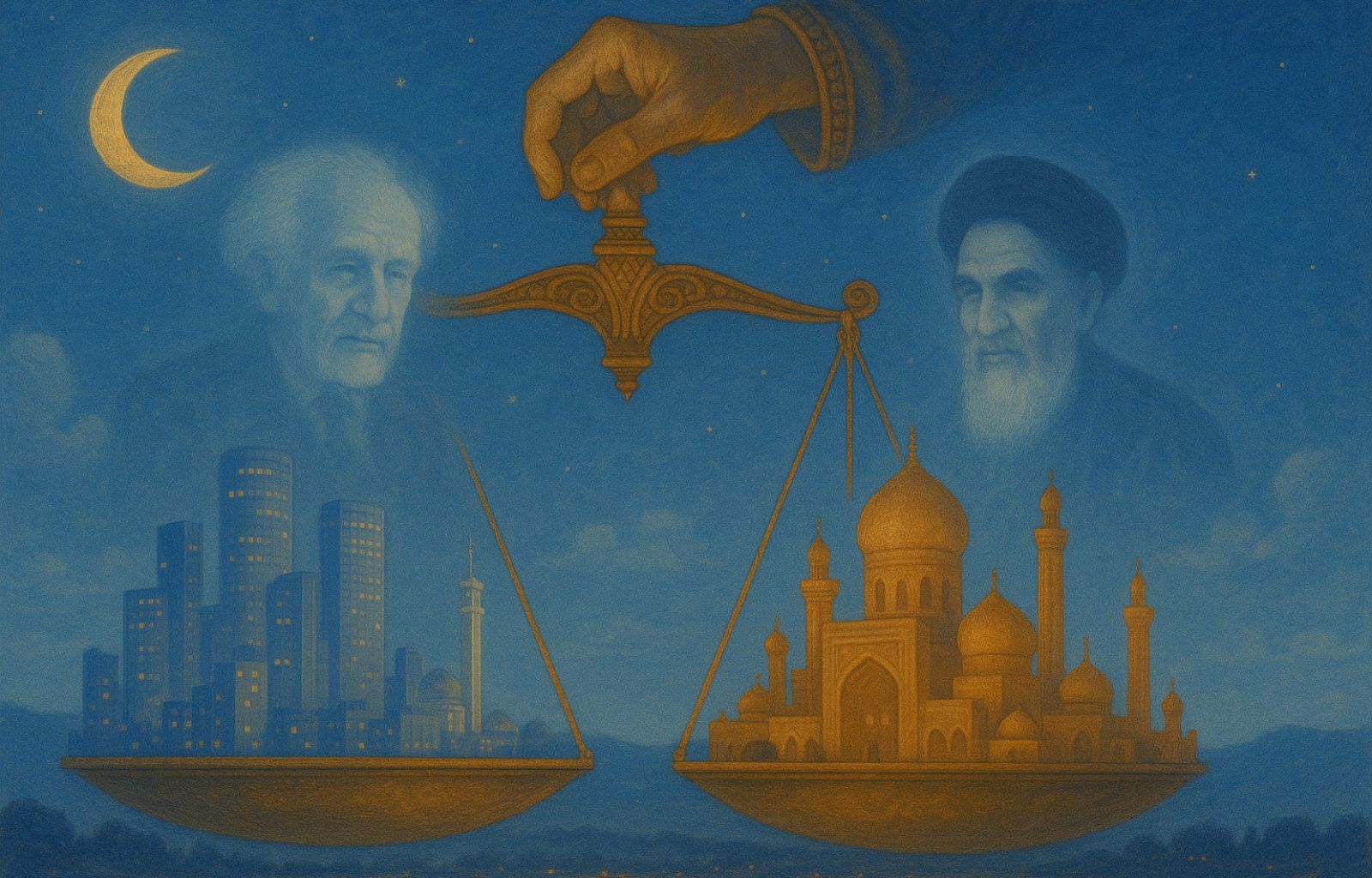Rare earths agreement: the real master of the deal is Zelensky

Forget Trump the negotiator: the new agreement signed between the US and Ukraine on rare earths represents a Zelensky negotiating masterpiece. Born out of Trump’s attempt to reformulate global balances on the basis of ‘payback’ and American primacy, the agreement turned out to be anything but a predatory operation. To use all-Trumpian categories, it was the Ukrainian president who was the real ‘master of the deal’.
A difficult negotiation, an unexpected result
In the first months of the negotiations, Washington seemed to want to capitalise on the enormous military and economic support given to Ukraine since 2022 by demanding preferential access to its natural resources in return for the military support provided so far. The initial draft of the pact, according to Zelensky himself, looked more like an attempt to force him to sell off the country. But after weeks of heated confrontations, interruptions in aid flows and even the failed signing during the presidential visit in February, a compromise emerged that today represents a model of balanced international collaboration.
The agreement, signed on 30 April in Washington by Ukrainian Economy Minister Yulia Svyrydenko, establishes a joint investment fund between the two countries, based on 50/50 governance. There will be no transfer of ownership or sovereignty: Ukraine’s subsoil resources remain firmly in the hands of the Ukrainian state, and any extraction activities remain subject to national legislation and the decisions of the government in Kyiv. State-owned companies, such as Ukrnafta and Energoatom, will not be privatised, and revenue for the fund will come exclusively from new licences, leaving existing projects untouched.
An understanding respecting sovereignty
In other words: no colonial spoliation, no unilateral US domination, no betrayal of Kyiv’s constitutional prerogatives or its European path. The agreement, in fact, complements and does not contradict the already existing partnership between Ukraine and the European Union signed in 2021.
For once, Trump’s muscular rhetoric had to bend to real economics: an America under pressure from inflation and recession risk, anxious to access alternative sources to Chinese supplies of critical materials, had to recognise the strategic – not subordinate – value of Ukraine. The creation of the joint fund is, in fact, a pragmatic choice to secure future American investments and ensure transparent, but not exclusive, access to Ukraine’s mineral wealth.
Zelensky forces Trump into reality
Zelensky did not simply get a deal. He reversed the logic of the imposed exchange, asserted international law and his own Constitution, and forced even the most transactional administration in American history to recognise the limits of unilateralism.
In the end, peace – even commercial peace – is not built with slogans from Fox News and Truth Social, but with patience, balance and firmness. The real negotiator in this round was Zelensky.












